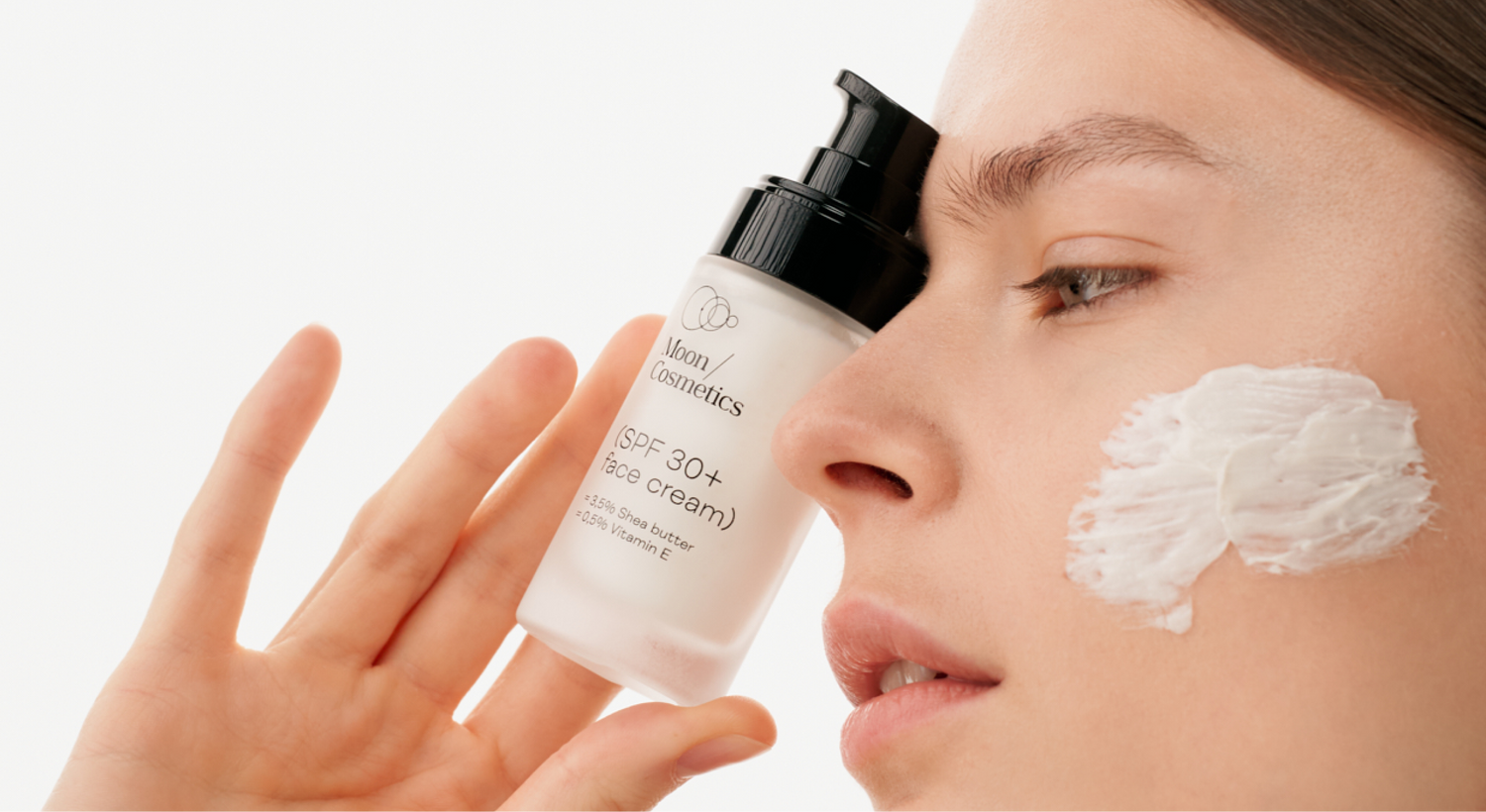Aknė (arba spuogai) yra plačiai paplitusi odos būklė, kuri dažniausiai pasireiškia paauglystėje. Ši odos būklė susijusi su padidėjusiu androgenų (vyriškų lytinių hormonų) lygiu organizme, dėl ko suintensyvėja sebumo gamyba riebalinėse liaukose. Kartu sutrikus ir odos ląstelių – keratinocitų - apykaitai, gali užsikimšti odos paviršiuje esančios poros ir taip susiformuoja komedonas. Sebumo gamybai didėjant, padidėja aknę sukeliančių bakterijų kiekis (kolonizacija) ir pradeda formuotis uždegiminiai procesai (išsiskiria uždegimo mediatoriai).
Dažniausiai spuogai pasireiškia kaip mikrokomedonai, atviri arba uždari komedonai, uždegiminės papulės/pustulės arba nodulės/cistos.
Kai kuriems žmonėms aknė gali sukelti fizinį ir emocinį diskomfortą, o taip pat sugijus spuogams gali likti randai arba raudonos dėmelės, kurios vadinamos použdegimine hiperpigmentacija (PIH).
Aknės pažeistos odos problemų sprendimo būdai priklauso nuo jos sunkumo laipsnio ir gali apimti tiek išorinių kosmetikos priemonių, tiek vidinių vaistų naudojimą, kurie slopina uždegimą bei sumažina sebumo gamybą ir padeda išvengti infekcijų. Dažniausiai probleminei arba aknės pažeistai odai rekomenduojama:
- Laikytis tinkamos odos priežiūros rutinos: nuolat ir švelniai valykite odą, kad būtų pašalintas perteklinis riebalų sluoksnis ir nešvarumai. Pasirinkite produktus, kurie yra skirti jūsų odos tipui.
- Ieškoti kosmetikos produktų su probleminei odai tinkamais aktyviaisiais ingredientais: salicilo rūgštimi, AHA ir PHA rūgštimis, tokiomis kaip pieno, glikolio, laktobionine rūgštimis, retinoidais, tokiais kaip retinolis, retinoinė rūgštis, retinalis bei kitais ingredientais, kurie gali padėti išvalyti esamus spuogus ir užkirsti kelią naujiems spuogams atsirasti.
- Reguliari odos eksfoliacija: tai procedūra, kurios metu pašalinamos viršutinio odos sluoksnio ląstelės.
- Odos apsauginio barjero atstatymas: prižiūrint probleminę ir aknės pažeistą odą, dažnai naudojamos odą eksfolijuojančios medžiagos ir dėl to gali suprastėti apsauginė odos funkcija. Dėl to prižiūrint tokio tipo odą, derėtų nepamiršti naudoti odos hidrolipidinį sluoksnį atsatnčius produktus.
-
Laiku kreiptis į specialistą: sunkesniais atvejais tik gydytojas gali paskirti antibiotikus ar hormoninius vaistus, kurie padės spręsti aknės pažeistos odos problemas.
Turint probleminę odą svarbu laikytis gerų odos priežiūros rutinos įpročių ir laikytis sveikesnio gyvenimo būdo, subalansuotos mitybos principų bei vengti streso.





